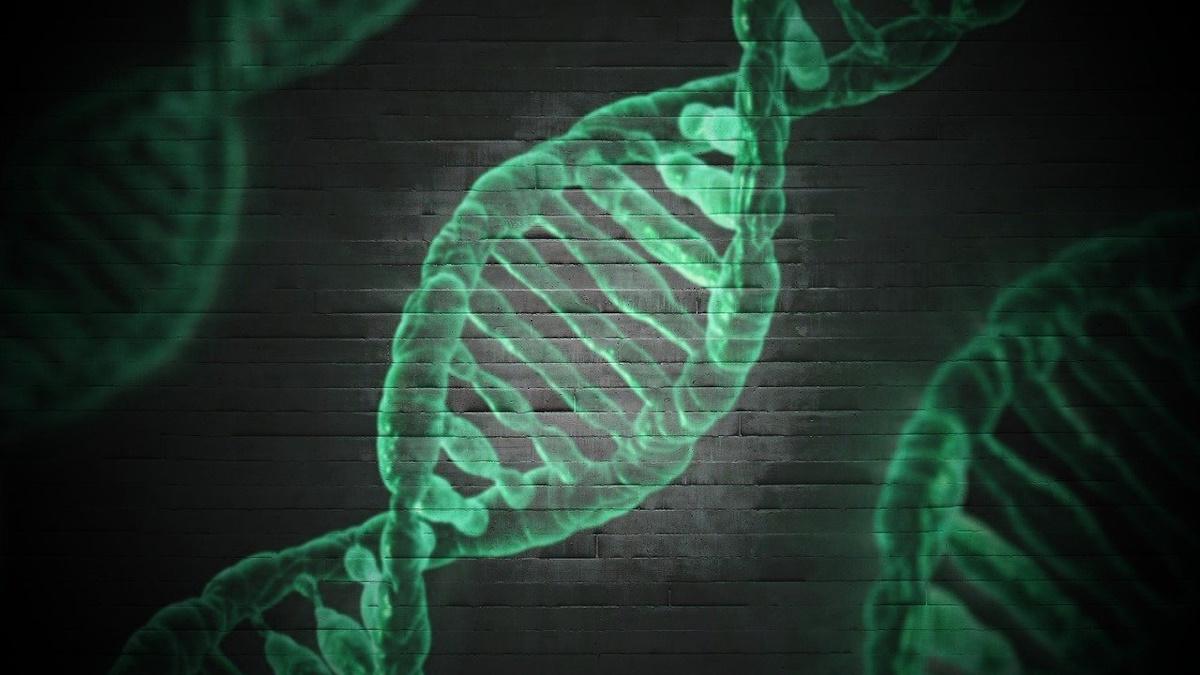Neurogene falls again on Rett gene therapy side effects

Neurogene has halted patient enrolment in the high-dose arm of its trial of Rett syndrome gene therapy, sparking another run on its shares.
Last week, the company reported that NGN-401 had shown encouraging signs of efficacy in the rare genetic disorder but, despite that, the stock fell sharply as investors focused on a serious adverse event in one of two patients treated with a higher dose of the therapy.
In an update posted today, Neurogene said that the "emerging treatment-related serious adverse event (SAE)" was a case of systemic hyperinflammatory syndrome, a rare and life-threatening immune response that has been reported in patients exposed to adeno-associated virus (AAV) vectors used to deliver some gene therapies, including NGN-401.
The affected patient is now in "critical condition," according to the company, which said the case is continuing to evolve. It paused the high-dose cohort when the case was identified earlier this month, and has now decided not to enrol any more patients in that arm of the study.
It stressed that there have been no other treatment-related SAEs in the clinical trial, including in the five participants who received the low-dose therapy and in two other participants who received the higher dose.
Neurogene's shares fell 44% after the SAE was first revealed, and were down almost 32% in pre-market trading at the time of writing.
The company also confirmed that there will be a delay in the low-dose cohort enrolment, which had been due to complete before the end of the year, as a result of the changes to the trial protocol.
"We are deeply saddened for the family," said Neurogene's chief executive, Rachel McMinn, in a statement this morning.
"While no words could possibly provide comfort to her family, we ask the Rett syndrome community to join us in sending heartfelt thoughts to her family, friends, and the dedicated clinicians who are caring for her," she added.
"The safety of the participants in our clinical trial is and remains our foremost priority as we work to find solutions for this devastating disease."
Rett syndrome is a devastating neurological disorder caused mainly by mutations in the MECP2 gene found on the X chromosome, so mainly affects females. It causes deficits in brain function that lead to behavioural problems, a rapid decline in the ability to speak and carry out manual tasks, as well as seizures, curvature of the spine, and sleep disturbances.
The disorder currently has no approved treatments and affects about 15,000 girls and women in the US and 350,000 worldwide.
Image by Darwin Laganzon from Pixabay












